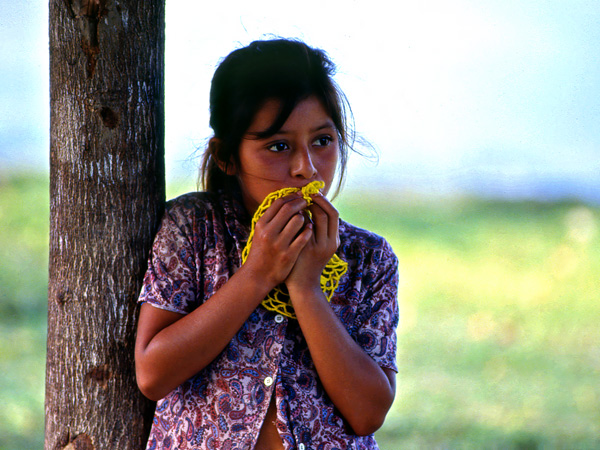The right to choose whether, when and who to marry is one we may often take for granted, despite the fact that forced marriage exists in our own backyards.
Why we care: Forced and early marriages do occur in the United States, threatening the freedom, safety, health and education of numerous women and girls.
How we’re solving this: Designing and launching a web portal on forced marriage in the United States to provide information and tools directly to women and girls in need, as well as to service providers, advocates, and government agencies helping victims.
A recent national survey identified up to 3,000 cases of forced marriage in America over a two year period, and the result may subject the young woman to severe and sustained abuse, including domestic violence and marital rape, health complications and other harms.
Regardless of these alarming facts, the United States is only just awakening to the problem. And when few attorneys, social workers, law enforcement professionals or educators are equipped to respond to women seeking help, girls face greater barriers to protection. Systemic solutions are urgently needed to support the courage of women and would-be child brides seeking freedom to choose if, when, and whom to marry.
The Tahirih Justice Center (Tahirih) is leading the growing national movement to raise awareness about and prevent forced marriage in this country: We are committed to compelling the United States to turn the lens that we typically use to scrutinize and judge other countries back onto ourselves with respect to forced marriage as a fundamental human rights violation.
As founder of the US National Network to Prevent Forced Marriage and member of the Girls Not Brides Global Partnership to End Child Marriage, we recognize that there is a need not only for international action to end forced marriage (including child marriage), but also domestic action to end these practices in the United States. Our Forced Marriage Initiative is working to align the United States with the growing global movement against child and forced marriage and, in so doing, is activating and advancing a domestic human rights movement on this issue.
This project will support a critical component of this work – your contribution will:
- Provide a life-saving resource through the design and launch of a web portal to provide desperately needed information and assistance for women and girls seeking help, and
- Support a first-of-its-kind library and training hub to equip service providers, advocates and government agencies with the tools and expertise to help victims.
Through Tahirih’s Forced Marriage Initiative, this project will help us to enable more women and girls in the United States to reach out for help, and do so earlier; equip more service providers and government agencies to be at the ready and able to respond in a coordinated effort; and thus prevent more forced marriages—and the harms associated with forced marriages, including marital rape and domestic violence—before they even occur.


